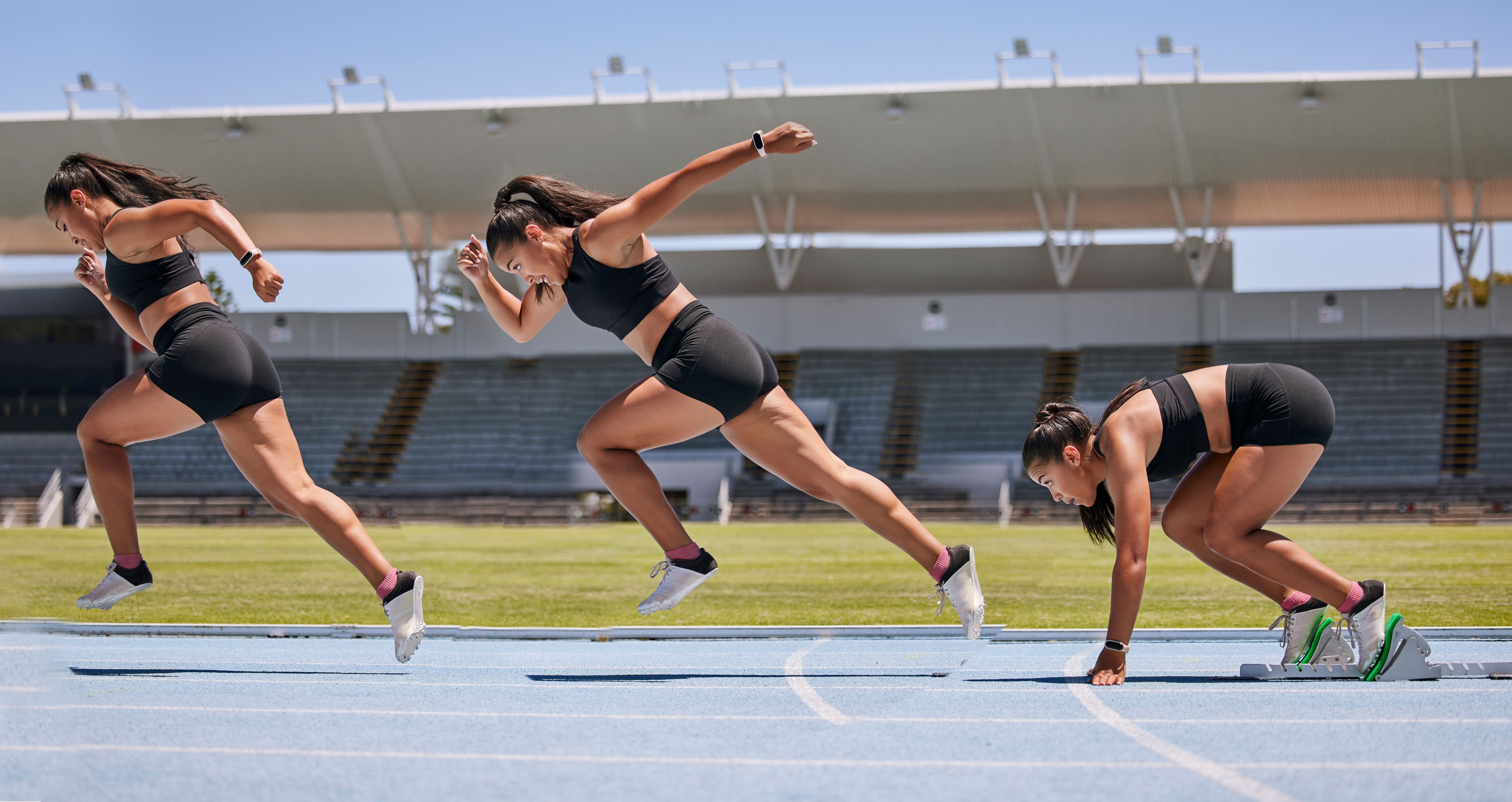What’s the Right Amount of Protein for Your Body?
Protein plays an essential role in supporting muscles, bones, metabolism, and hormonal health at every stage of life. But how much protein do you actually need? The answer depends on your weight, activity level, and life stage. Here’s how to calculate your ideal intake and put it into practice.
General Protein Needs
For most adult women, the basic recommendation is:
• 0.8 grams of protein per kilogram of body weight per day for sedentary individuals.
For example:
• A woman weighing 60 kg would require approximately 48 grams of protein daily.
Protein Needs for Active Women and Athletes
If you exercise regularly—especially endurance or resistance training—your body needs more protein to repair and build muscle:
• 1.2–1.7 grams per kilogram of body weight is recommended for athletes.
For example:
• A 60-kg woman engaging in regular workouts should aim for 72–102 grams of protein daily.
• Protein Timing: Spreading intake evenly across meals and consuming protein 45 - 60min after exercise supports muscle recovery and growth.
Protein Needs During Pregnancy and Postpartum
Protein is crucial during pregnancy and postpartum to support maternal health, fetal development, and milk production:
• Pregnancy: Aim for 1.2–1.5 grams per kilogram of body weight per day, especially in the second and third trimesters.
• A 60-kg pregnant woman needs 72–90 grams of protein daily.
• Postpartum (Breastfeeding): Protein needs remain elevated, with an additional 19 grams daily during the first six months of breastfeeding.

Protein During Menopause
As estrogen levels decline during menopause, muscle mass and bone density naturally decrease. Higher protein intake can counteract these changes:
• 2– 2.2 grams per kilogram of body weight per day is recommended for menopausal women.
For example:
• A 60-kg woman would need 120–132 grams of protein daily.
This helps maintain muscle mass, preserve bone density, and prevent age-related issues like sarcopenia (muscle loss).
Protein for Female Athletes at Different Ages
Protein needs vary with age and training intensity:
• Teenage athletes (12–18 years): 1.2–2.0 grams per kilogram to support growth and muscle development.
• Women in their 20s and 30s: 1.2–1.7 grams per kilogram for active individuals.
• Women 40+ years: Protein intake remains vital for muscle preservation and performance. Aim for 2–2.2 grams per kilogram, spread evenly across meals.

Practical Tips for Meeting Your Protein Needs
Here’s how to ensure you’re getting enough protein daily:
1. Include Protein at Every Meal:
Aim for 20–30 grams of protein per meal. This is roughly equivalent to 100 grams of chicken breast or 300 grams of cooked lentils.
2. Combine Plant Proteins for Completeness:
If you prefer plant-based eating, pair complementary sources like rice and beans or quinoa and lentils to get all essential amino acids.
3. Choose Protein-Rich Snacks:
Swap sugary snacks for options like nuts, Greek yogurt, or boiled eggs.
4. Use Protein Powders When Needed:
If you struggle to meet your protein goals, a high-quality protein powder can help fill the gap—especially after workouts or on busy days.
5. Stay Hydrated:
Adequate water intake supports protein digestion and absorption.
Why Balanced Nutrition Matters
While protein is critical, it works best as part of a balanced diet. Carbohydrates provide energy, and healthy fats support brain function and hormone production. Include a mix of fresh fruits, vegetables, whole grains, and fats alongside your protein for overall health and well-being.
The Bottom Line
Your protein needs depend on your weight, activity level, and life stage. By tailoring your intake to your unique needs, you can support muscle repair, hormonal health, and overall vitality. Remember, small, consistent changes—like increasing your protein at breakfast or planning protein-rich snacks—can lead to sustainable results.
Here’s to fueling your body, nourishing your mind, and thriving at every stage of life!
References
1. National Institutes of Health (NIH). Dietary Protein and Health. Available from: https://ods.od.nih.gov/factsheets/Protein-HealthProfessional/
2. Harvard Medical School. Protein: The Real Deal. Available from: https://www.health.harvard.edu/staying-healthy/protein-the-real-deal
3. Swiss Society for Nutrition (SSN). Alimentation Pendant La Grossesse et l’Allaitement. Available from: https://www.sge-ssn.ch/fr/nutrition-et-alimentation/alimentation-pendant-la-grossesse-et-l-allaitement
4. International Society of Sports Nutrition (ISSN). Position Stand: Protein and Exercise. Available from: https://jissn.biomedcentral.com/articles/10.1186/1550-2783-4-8Title